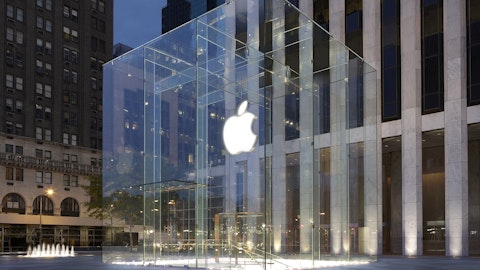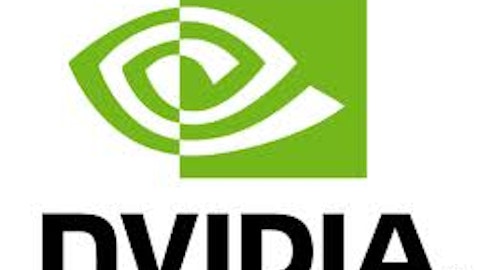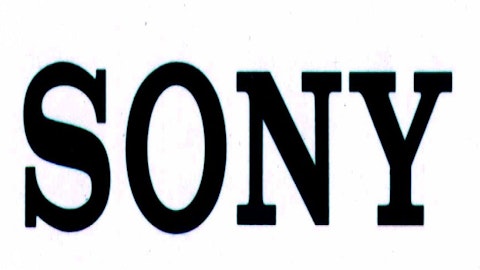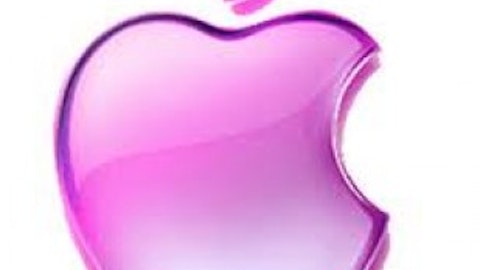The problem with the Surface Pro is there are better alternatives. For instance, between Dell Inc. (NASDAQ:DELL), Hewlett-Packard Company (NYSE:HPQ), and Samsung, there are multiple devices that can do what the Surface Pro does. Take a look at a side-by-side comparison:
| Name | Total Price | Processor | RAM | HD | Screen |
| Surface Pro | $1,028.00 (with Type Cover) | Intel i5 | 4GB | 64GB | 10.6” touch |
| Dell XPS 13 | $999.00 | Intel i5 | 4GB | 128GB | 13.3” touch |
| Hewlett-Packard Envy x2 | $850.00 | Intel Atom | 2GB | 64GB | 11.6” |
| Samsung ATIV Smart PC | $649.99 | Intel Atom | 2GB | 64GB | 11.6” |
(Dell and HP pricing through Dell.com and HP.com, Samsung ATIV pricing through Amazon.com)
The Dell model offers a bigger screen, double the hard drive space, and costs about $30 less. The HP and Samsung offerings have bigger screens, and are between $178 and $378 cheaper. The bottom line is, customers will shop around and find very quickly that the Surface Pro is no great bargain.
Why It Doesn’t Matter In The End
Whether customers buy the Surface or not, Microsoft still wins. The reason is simple, by introducing the Surface lineup, Microsoft forced their hardware partners to move quickly to produce competing products. What do each of the competing products have in common? Each of these products has Intel inside, which should be good news as Intel tries to push into the mobile arena. Second, each of these products runs Windows 8. Since Microsoft gets paid a licensing fee no matter what, the company may actually do better if the Surface is short lived.
Traditionally speaking, hardware is a lower margin business than software. This is a big part of the reason that Apple’s gross margin is 38.63% versus Microsoft’s gross margin is 73.47%. In another example, Google’s Motorola Mobile division’s gross margin is just 17.14%. Does Microsoft really want to make a push into an area with significantly lower margins?
In the end, this is all about getting Windows 8 noticed. Since Microsoft’s stock is trading at under 10 times projected earnings, anything to get more users interested in Windows 8 is a plus. The company’s 3.3% yield is nice while investors wait for Windows 8 to move computing forward. Intel investors should also be happy because as we noticed, Intel is inside of each of these devices. Another way to play the Windows 8 story would be to buy Intel. The company pays a better yield than Microsoft at 4.25%, and analysts expect 12.33% growth in earnings because of Windows 8, and continued strength in the server field. No matter how you play it, whether the Surface is a hit, may not really matter after all.
The article Does It Matter If This Doesn’t Sell? originally appeared on Fool.com and is written by Chad Henage.
Copyright © 1995 – 2013 The Motley Fool, LLC. All rights reserved. The Motley Fool has a disclosure policy.





